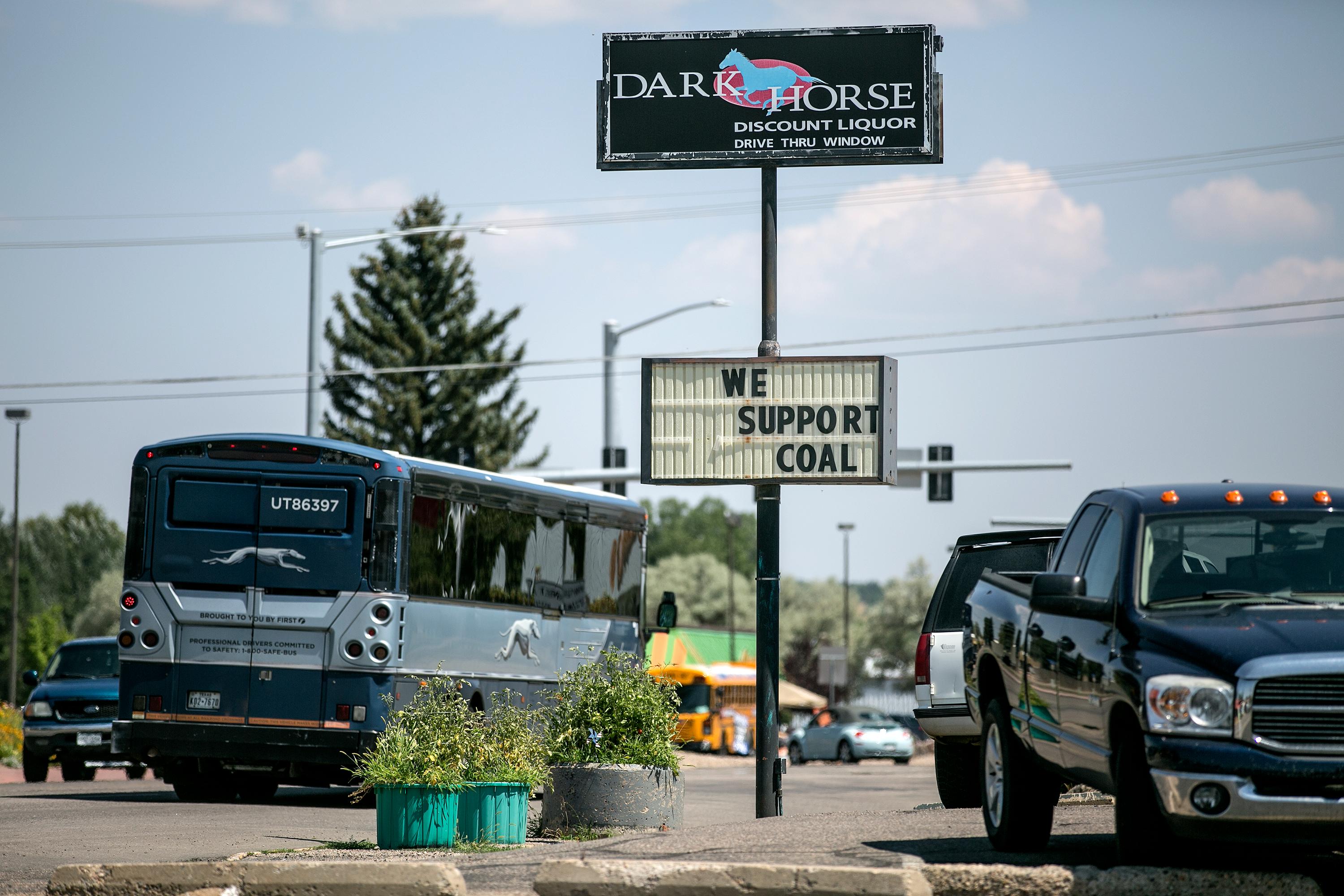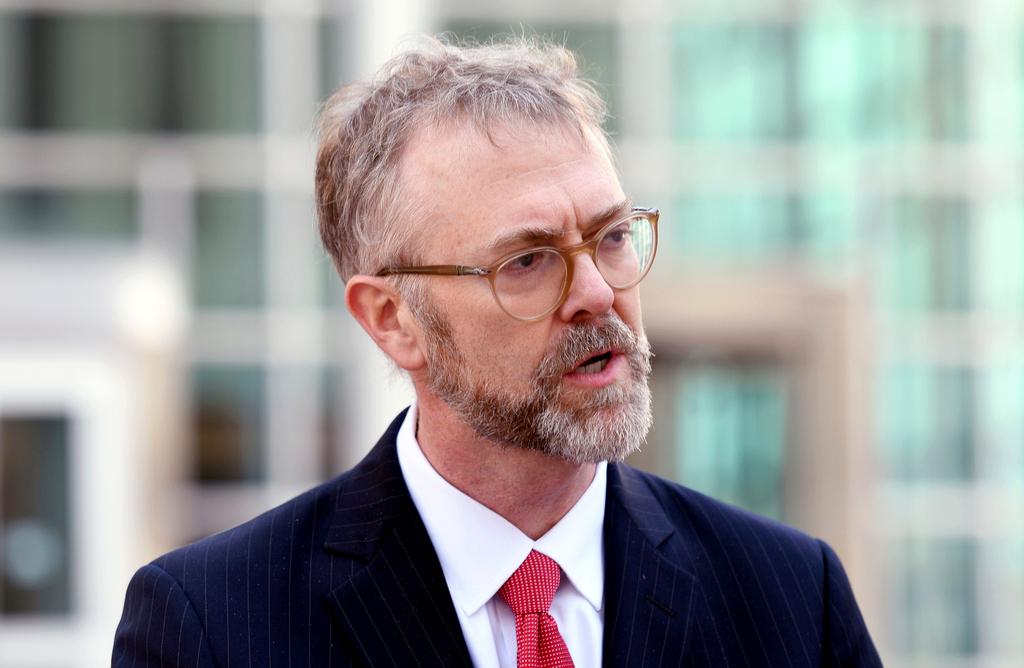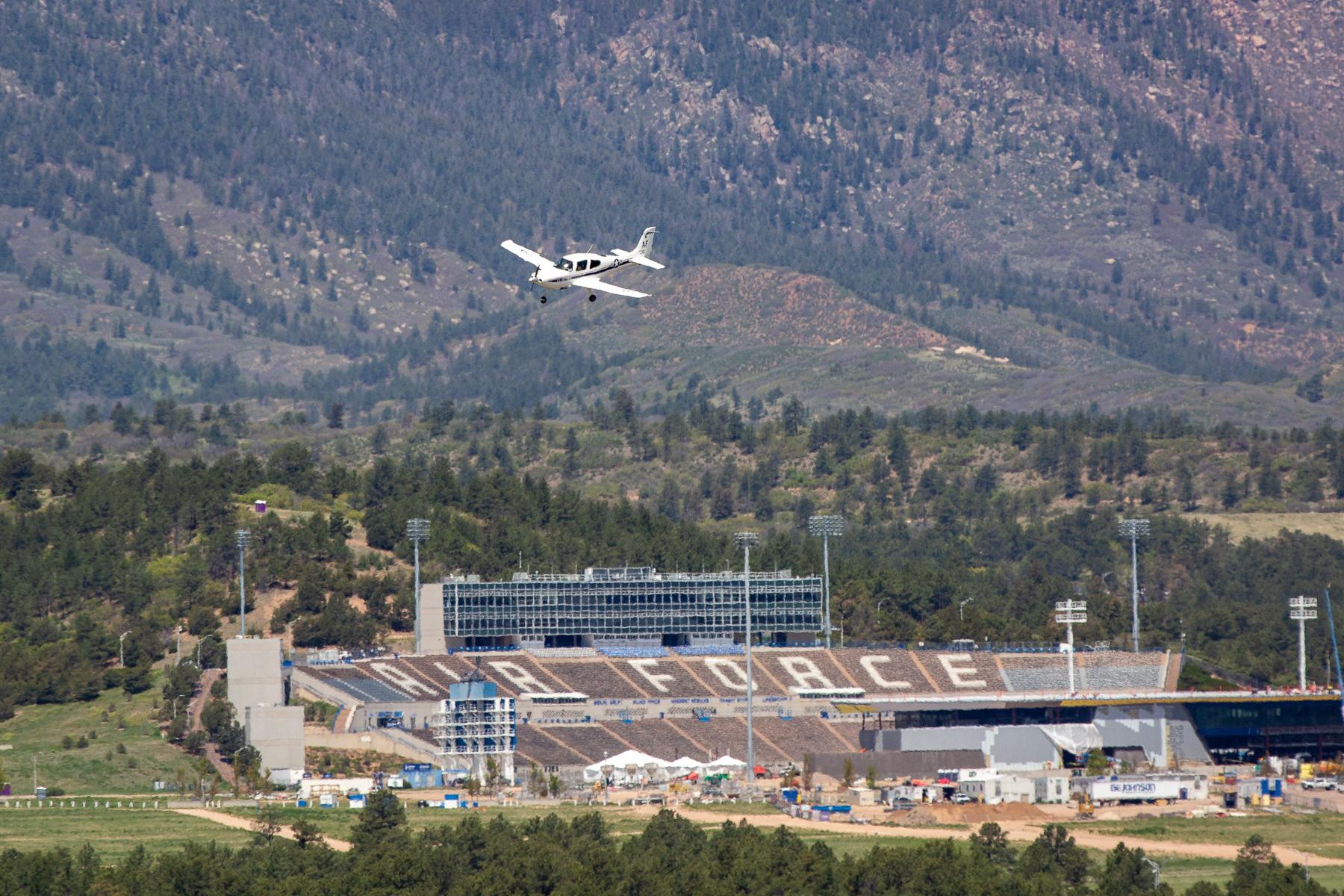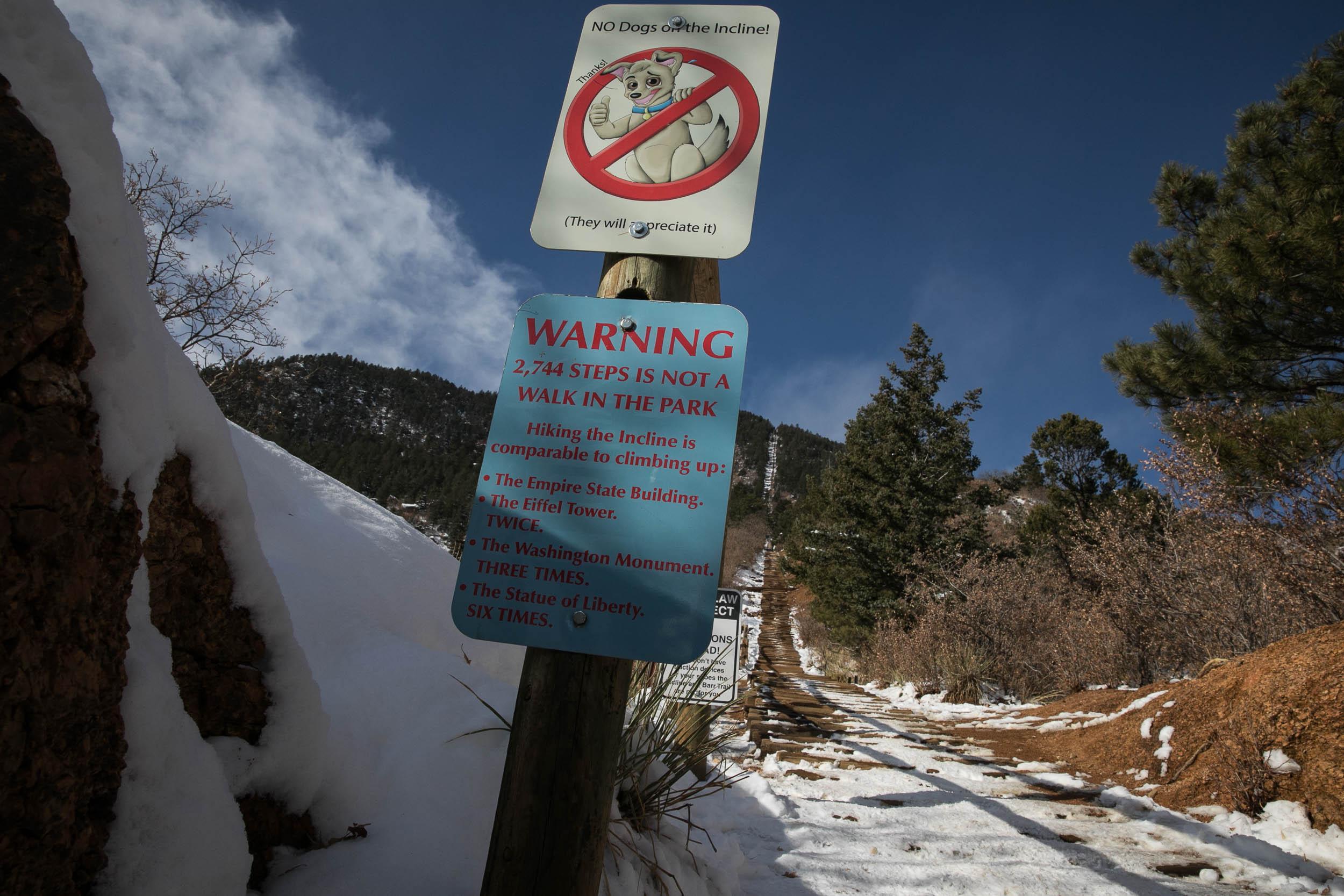
Tri-State Generation and Transmission sent shockwaves through the rural northwest corner of Colorado on Thursday when it announced plans to close two coal-fired power plant units and the mine that feeds them early.
The news was welcomed by environmental groups and Tri-State’s members who see it as a necessary move to transition to cleaner energy like wind and solar. But it was a profound blow to a town that closely associates its identity with coal.
“That Tri-State announcement is a good business decision,” reflected Republican State Sen. Bob Rankin who represents the region. “But believe me, there are going to be people crying in Craig, Colorado.”
According to one estimate by the Rocky Mountain Institute, an environmental think tank, Tri-State stands to gain $600 million by replacing existing coal resources with new wind and solar.
Craig Units 2 and 3 will be retired over the next decade. Craig Unit 1 is slated for closure by 2025.
While Tri-State hasn’t committed to an economic lump sum payment for Craig yet, early indications suggest that the money could be substantial. A company-owned coal-fired power plant closure announced in Escalante, New Mexico resulted in $5 million of support. Tri-State is encouraging officials to match dollars from public and private sources.
“The disruption is happening sooner than anyone thought. Yes, there were plans that it would happen by 2030, 2035, 2040. Market conditions are bringing those sooner and sooner,” said Joe Barela, the executive director of the Colorado Department of Labor and Employment.
Along with financial support from Tri-State, Barela said Craig can expect help from Colorado’s newly formed Just Transition Office. It’s in the middle of a fact-finding mission guided by Keystone Research Center to discover what job transition programs in coal communities have been successful.
The findings will feed into a draft report due to be released on July 7.
Some themes have already emerged.
First, it’s important to selectively choose a new job and skill set. Coal miners switching to computer coding was a novel idea that made headlines. But there were challenges for many making the transition. Folks may be better off pursuing careers related to energy, such as building new transmission lines for a utility company.
Second, timing matters. Coal communities need to get started as early as possible to transition workers.
“We want to make sure that since it’s a different skill set, ‘What is the timeline for someone to do that, and how can we get started early?’” said Barela.
Third, coal communities will want to get creative. Replacement of the tax base and jobs from a coal plant and mine will require creative out-of-the-box thinking. Craig officials have considered a wide variety of options, like outdoor recreation, thanks to help from the University of Colorado’s Masters of the Environment Program. Officials also have a master plan.
“What are the things we need to invest in? Where are there opportunities where we can bring new industries into our communities?” Barela said.
Creating new industries could translate into maintaining Craig’s current population level and even spur growth.
Barela, the state of Colorado and Tri-State will continue to work with Craig officials in the coming months. If there’s one silver lining to the Tri-State announcement, it ’s that it comes at a time of tremendous state economic prosperity. Colorado's unemployment hovers around 2.5 percent.
That tight labor market and limited state funding for the office have even created difficulties within the Transition Office. More than seven months after Gov. Jared Polis signed legislation authorizing the new bureau, it’s still without a director.
Barela isn’t quick to give up and continues to search for the right person to lead the important office that will receive a lot of attention in the coming year.
“We’re definitely in a worker market, and we’re competing with the private sector,” Barela said. “It’s hard for state government to be competitive all the time, but we’re hopeful.”







